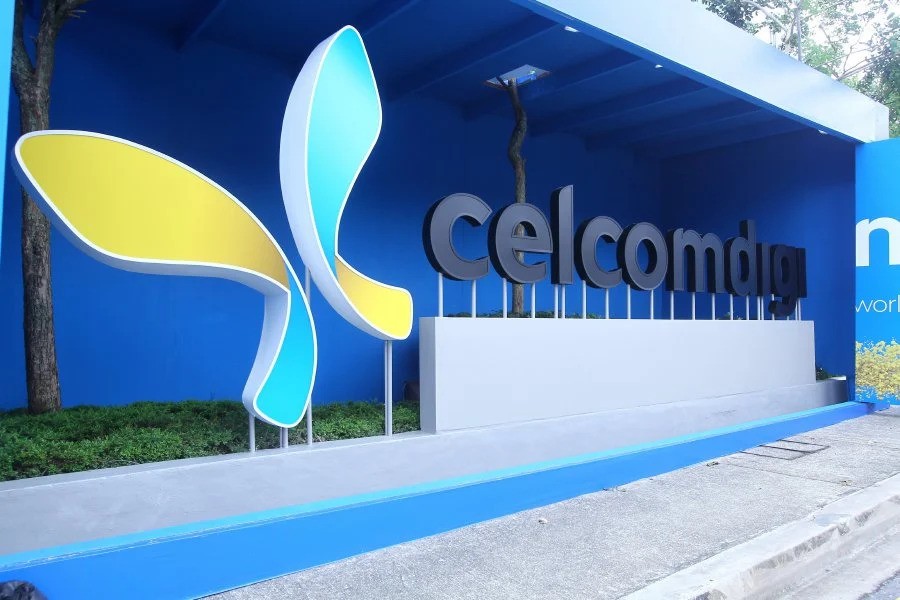Readiness to Begin Work Almost Immediately after any Potential Licence Award, Argues CelcomDigi
In a move that’s turned heads across Malaysia’s telecom industry, the Malaysian Communications and Multimedia Commission (MCMC) recently awarded the licence to develop Malaysia’s second 5G network to U-Mobile, edging out industry heavyweight CelcomDigi.
This decision has reignited the ongoing discussion around 5G infrastructure, national connectivity, and competitive dynamics in Malaysia’s telecom landscape.
CelcomDigi Makes Its Case
CelcomDigi quickly responded, highlighting its technical and financial capabilities to spearhead a large-scale 5G rollout.
The company noted that its proposal demonstrated a strong track record of expanding Malaysia’s mobile network infrastructure, reaching both urban and rural communities.
In a statement, the company underscored its readiness to begin work almost immediately after any potential licence award.
This quick start, it argued, would have leveraged its existing 4G and 4G+ coverage to accelerate the rollout of a reliable, high-speed 5G network across Malaysia.
The Unexpected Decision
The MCMC’s choice of U-Mobile was met with surprise by many, given the market dominance of companies like CelcomDigi and Maxis.
CelcomDigi’s well-established history in Malaysia as a leader in mobile connectivity positioned it as a frontrunner, and the decision to favour U-Mobile is likely to bring new strategies into play.
While U-Mobile is a smaller provider, the decision offers it a chance to compete on a larger stage.
The MCMC clarified that U-Mobile could partner with other operators to deliver the infrastructure, which might prompt new collaborations and innovations within the telecom industry.
Shifting Models in 5G Deployment
The selection comes amid Malaysia’s shift from a single wholesale network (SWN) model—initially managed by Digital Nasional Bhd—to a dual-network approach aimed at enhancing flexibility and speed.
This transition reflects both government efforts to meet public demand for rapid connectivity expansion and mobile network operators’ desire to have a greater stake in 5G infrastructure development.
The Road Ahead for CelcomDigi
Despite the setback, CelcomDigi hinted at “exploring other viable options” for its 5G ambitions, though it has yet to detail what that entails.
In its assurance to customers, CelcomDigi stressed that the decision would not impact the quality or reliability of its current 5G service offerings.
The provider’s history of investing in telecommunications technology signals it may pursue alternative paths to bolster its position in Malaysia’s evolving 5G environment.
With U-Mobile at the helm of the second 5G network, Malaysia’s telecommunications sector stands on the brink of intensified competition.
As the dual-network model rolls out, consumers and industry stakeholders alike can expect new developments, partnerships, and innovations.
This decision may reshape Malaysia’s telecom market dynamics and set a precedent for how smaller players can rise within a competitive landscape.
For CelcomDigi, the outcome presents a challenge—but also an opportunity to reinforce its role as a telecommunications leader, delivering affordable, high-quality services in an era defined by connectivity.
MARKETING Magazine is not responsible for the content of external sites.
An afternoon of conversations we never had, with leaders most of you never met.
Discover what’s possible from those who made it possible. Plus a preview of The HAM Agency Rankings REPORT 2024.
Limited seats: [email protected]
BOOK SEATS NOW









